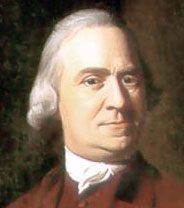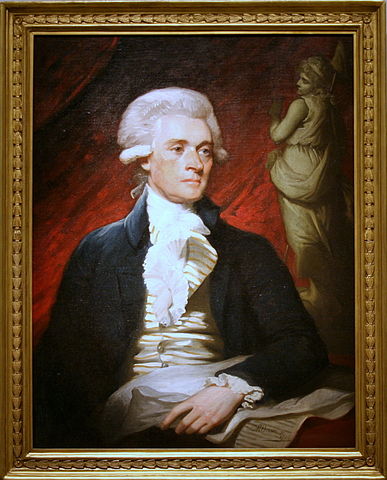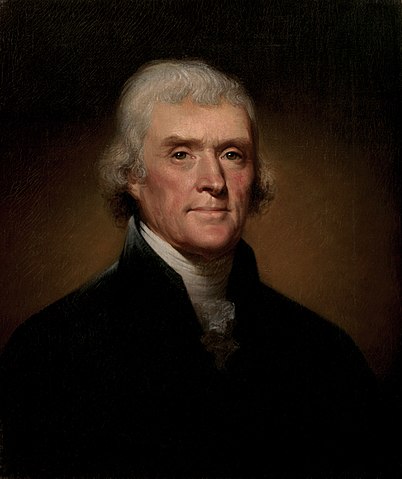Samuel Adams reacts strongly to the Stamp Act, “There is nothing so fretting and vexatious; nothing so justly terrible to tyrants, and their tools and abettors, as a FREE PRESS."
Thomas Jefferson to Edward Carrington
In this famous letter to Edward Carrington, a fellow Virginian, Jefferson upholds the freedom of the people to criticize their government. The American people “are the only censors of their governors; and even their errors will tend to keep these to the true principles of their institution. To punish these errors too severely would be to suppress the only safeguard of the public liberty.”
Thomas Jefferson’s First Inaugural Address
On March 4, 1801, Thomas Jefferson delivered his First Inaugural Address in the Senate Chamber before taking the oath of office administered by Chief Justice John Marshall. He became the nation’s third President amidst the fires still burning from the odious Alien and Sedition Acts of 1798. Under the Sedition Act, the Federalist Administration of John Adams had jailed more than a dozen Democratic-Republican political opponents for their speech or writing. Jefferson, vice president under Adams, and James Madison had opposed the Acts in their Virginia and Kentucky Resolutions, written in secret.


